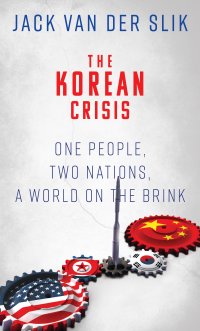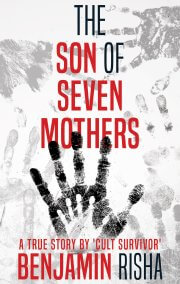
After a beaten Japan surrendered to the United States and its World War II allies in 1945, a little-known peninsula, home to 30 million Korean people, was dangling leaderless from the Asian continent into the Yellow Sea. Treated as an afterthought in negotiations between the Soviet Union and the United States, it was halved at the 38th parallel. That line still separates hostile armies on each side. Do Americans remember that nearly 75 years ago the US and the Soviet Union intended for the peninsula to prosper peacefully as a single country?
That was before the Iron Curtain descended upon the world. After that supporters of democracy entered a harsh rivalry with advocates for communism. Each side offered contrasting visions about how governments should work. The first big military test of strength between the two rival factions occurred at Korea’s 38th parallel. The result was a standoff that consumed people, resources and lives in North Korea, South Korea, China, the Soviet Union and the United States. South Korea was the democrats’ surrogate while North Korea assumed that role for the communist faction.
Most Americans don’t know that initially North Korea began as the more successful nation. It led in feeding its people, getting industries started and at educating its people. Times changed, bringing isolation and decline in the North but producing economic prosperity and even a democratic government in South Korea. This book examines this transformation. Despite decline in North Korea, the Kim dynasty deluded its people at home while purchasing security from outside attack by surreptitiously developing its own nuclear weapon and missile capabilities. Now those capabilities are under the thumb of the third Kim, the excitable Kim Jung Un.
Have failures by democratic nations failed to protect world peace? Do China or Russia gain by enabling a poor, obstreperous country that could unleash nuclear destruction upon the world? Will America’s venturesome (unpredictable?) President Trump untangle these dangerous issues? This book focuses upon these largely ignored, but hazardous issues in today’s uncertain world.

Author Jack Van Der Slik
From the Author:
The provocative little country of North Korea keeps unity among its needy people by provoking its neighbors, our allies, South Korea and Japan. These affronts are to challenge the patience of the United States. Such offenses used to be small matters: scattering South Korean fishermen with patrol boats, shooting unarmed rockets Japanese waters, even capturing an American patrol boat, the USS Pueblo. But Kim Jong Un, third in a line of Kim’s dating back before the Korean War, has become particularly cocky because his administration has real nuclear weapons and genuine Intercontinental missiles to deliver them. Moreover, the US is, unfortunately, led by a naïve but arrogant president whose ego needs and leadership deficiencies could turn a cold war hot. It is sad to say that the likeliest peacemaker for the issues at stake in Korea is Xi Jinping, the leader of the People’s Republic of China.




 Join our email list
Join our email list
Leave a Reply